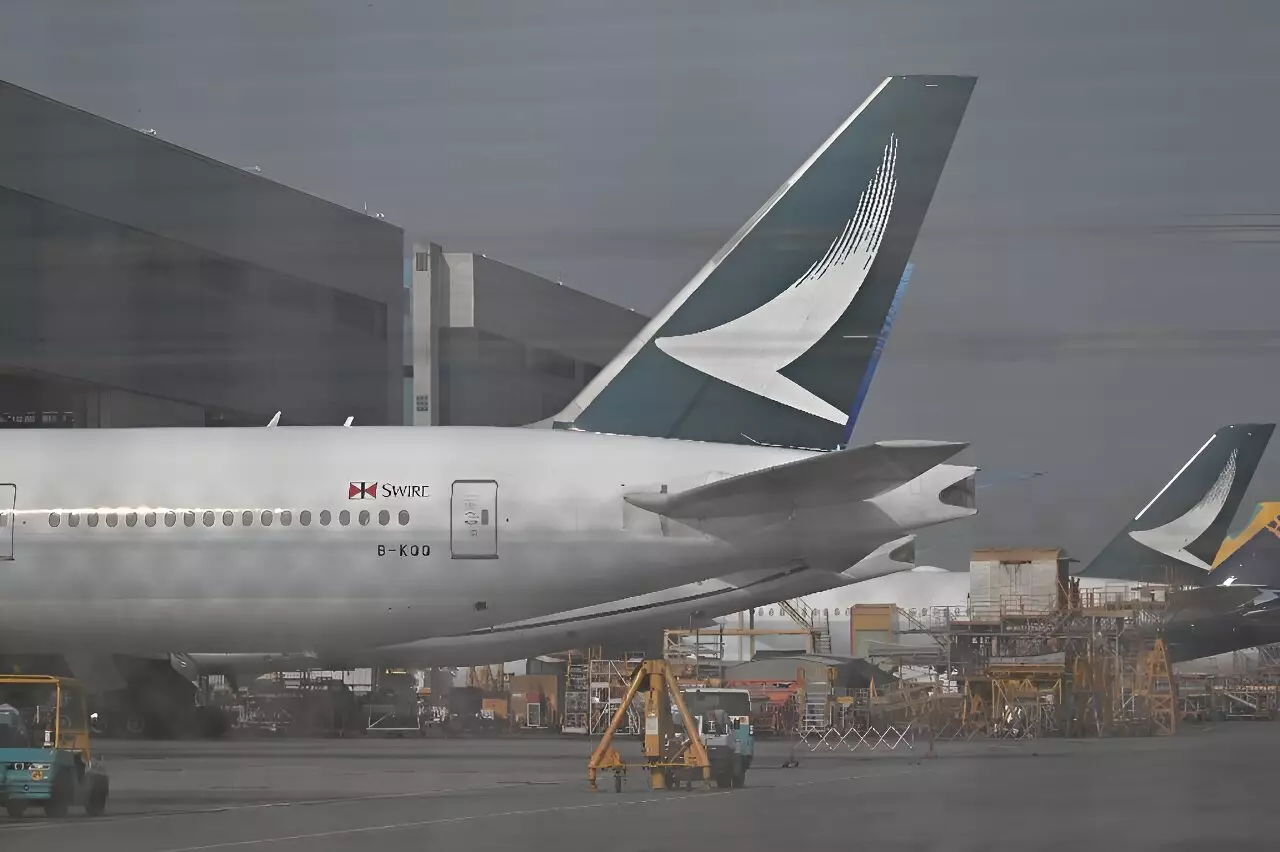Following an engine fire incident on a Cathay Pacific flight, Europe’s aviation safety agency has taken a proactive step in mandating inspections on a part of the fleet of Airbus A350 wide-body jets in operation. The engines on Cathay’s A350s are manufactured by Rolls-Royce, which has confirmed the initiation of “a one-time precautionary engine inspection program”. This move comes after a Zurich-bound flight had to return to the city due to an engine failure originating from a high pressure fuel hose failing in-flight.
The European Union Aviation Safety Agency (EASA) has specified that the A350-1000 aircraft, powered by XWB-97 engines, are to undergo immediate inspections. With 86 such planes in service globally, the agency has issued a directive requiring checks for damage of fuel hose connections inside engines to be conducted within the next 3-30 days. EASA’s executive director, Florian Guillermet, emphasizes that this action is purely precautionary to ensure the safety of the aircraft.
The directive by EASA affects European airlines operating the A350-1000 model, while airlines in other regions have the autonomy to decide on enforcing similar measures. Subsequent to the Cathay incident, airlines across the globe are conducting checks on their A350-900 and A350-1000 models that utilize Rolls-Royce Trent XWB-84 and XWB-97 engines respectively. Airbus and Rolls-Royce caution that the issue primarily concerns A350-1000s powered by XWB-97 engines.
Since the delivery of the first A350 to Qatar Airways in late 2014, the aircraft has solidified its position as Airbus’s largest model post the discontinuation of the A380. The A350-1000 variant, capable of accommodating nearly 500 passengers, boasts an impressive range of over 16,000 kilometers. Moreover, the “Sunrise” configuration bound for Australian airline Qantas aims to extend this range to almost 18,000 kilometers to facilitate direct flights between Sydney and London. With over 1,300 orders received, the A350 stands as a formidable competitor to Boeing’s 787 Dreamliner.
Despite the recent setbacks, Airbus has successfully delivered 613 A350s to airlines by the end of July. Qatar Airways leads the pack with 24 A350-1000s in its fleet, closely followed by Cathay Pacific and British Airways each operating 18 aircraft. Cathay Pacific, which had to cancel 90 flights post the engine incident, anticipates full recovery by Saturday after inspecting and replacing fuel lines on the affected airplanes. Concerns raised by Emirates airlines CEO Tim Clark regarding the durability of the Trent XWB-97 engines have prompted Rolls-Royce to enhance their performance.
The developments in the aviation industry have had ripple effects on the stock market, with Airbus witnessing a 1.2 percent decline in its share value. Similarly, Rolls-Royce experienced a 1.4 percent drop in its shares, and London’s FTSE 100 index was marginally down by 0.1 percent. These figures reflect the market’s response to safety concerns in the aviation sector and highlight the importance of stringent regulatory measures to uphold passenger safety and confidence.


Leave a Reply
You must be logged in to post a comment.